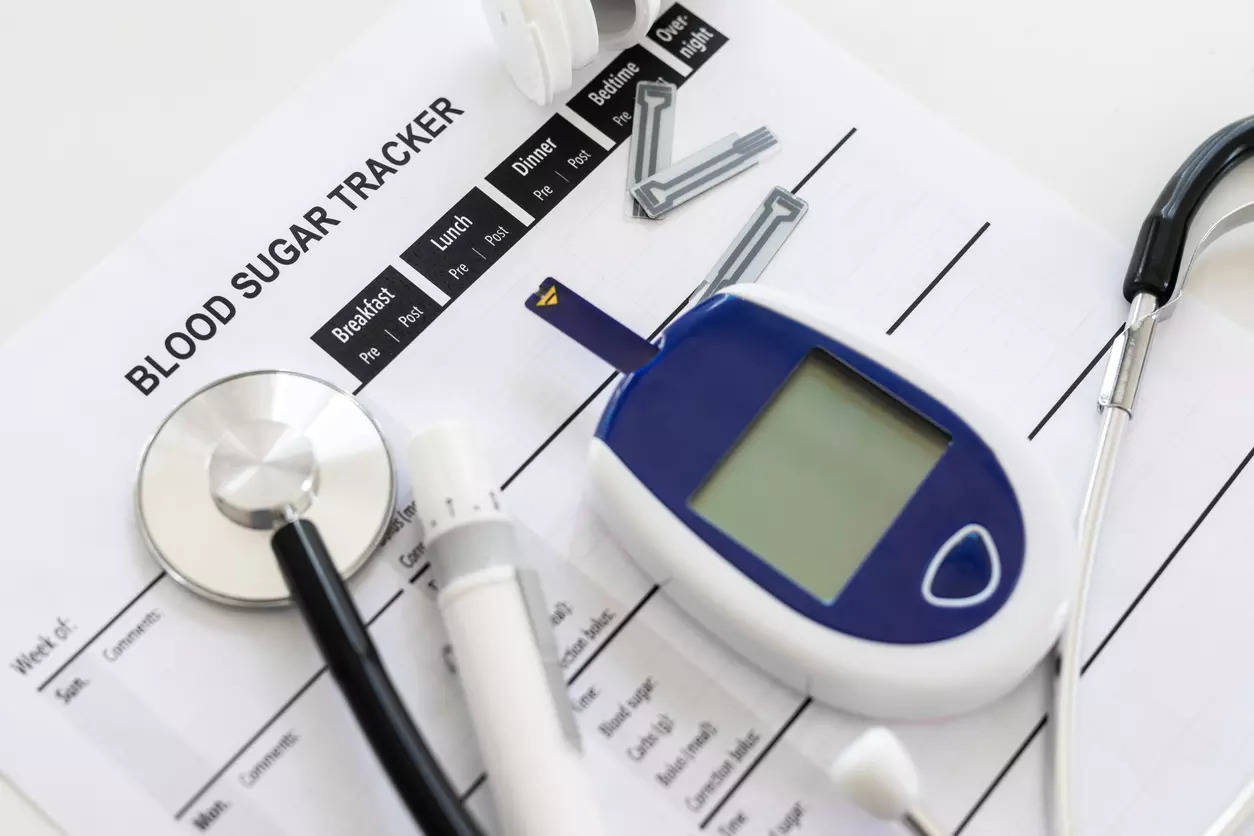Irritable bowel disease (IBD) is a highly common diagnosis for pediatric gastroenterologists, but it can be characterized by what one expert described as “pretty nonspecific features.”
In an interview with HCPLive during the North American Society for Pediatric Gastroenterology, Hepatology and Nutrition (NASPGHAN) 2023 Annual Meeting in San Diego this week, session presenter Riha Bhatt, MD, assistant professor of pediatrics, pediatric gastroenterology, hepatology and nutrition at Vanderbilt University Medical Center, discussed the hurdles to pediatric IBD diagnoses—and some of the key traits that clinicians should consider.
“A lot of (diagnoses) are made on the symptoms—growth failure particularly in kids, sometimes extra GI manifestations such as arthritis and mouth sores—and radiographically, you’ll certainly see inflammation on the biopsies,” Bhatt said. “We’ll see chronic changes, and sometimes in Crohn’s disease you might see granulomas—but you can see a lot of those features in other diseases.”
Bhatt stressed the importance of keeping an eye for “mimickers” of IBD that can be distinguished from biopsy-based pathologies and patient clinical history. Adversely, pediatric IBD can be laden with any number of concurrent diseases; clinicians looking to eliminate diagnoses should instead maybe consider co-conspirators.
“One thing I’ll note my talk is sometimes we have to part with Occam’s Razor—it’s not the most simplified answer, but instead we have to go with Hickam’s dictum where Dr. (John) Hickam said, ‘A patient can have as many diseases as they darn well please’,” Bhatt said. “So, we have to keep an open mind about that, particularly when our IBD patients aren’t responding like we think they should.”
Bhatt highlighted 3 common concurrent diseases that her colleagues should stay aware of in pediatric IBD cases:
Celiac disease
“If you have an IBD patient with new onset symptoms, or a new type of rash and they’re not responding to their meds, thinking about, ;Hey, have we checked celiac serologies here recently?’” Bhatt explained.
Meckel’s diverticulum
“You know, there’s been some small studies, interestingly, that have shown that in Crohn’s patients, there might be a 2-3 (times) increased risk of meckel’s diverticulum,” Bhatt said. “If you have an IBD patient with new-onset painless bleeding, and a drop in their hemoglobin, that’s something to keep on our differential.”
Infections
“Remember that many of our IBD patients are immunosuppressed, because we have given them medicines to make them immunosuppressed, so they might be at risk for certain infections,” Bhatt said. “Histoplasmosis is one that, you know, we think of as just in the Ohio River Valley, but CDC information is showing it’s actually moving out West, it’s moving down South. So it’s something that we want to think about in our IBD population.”










